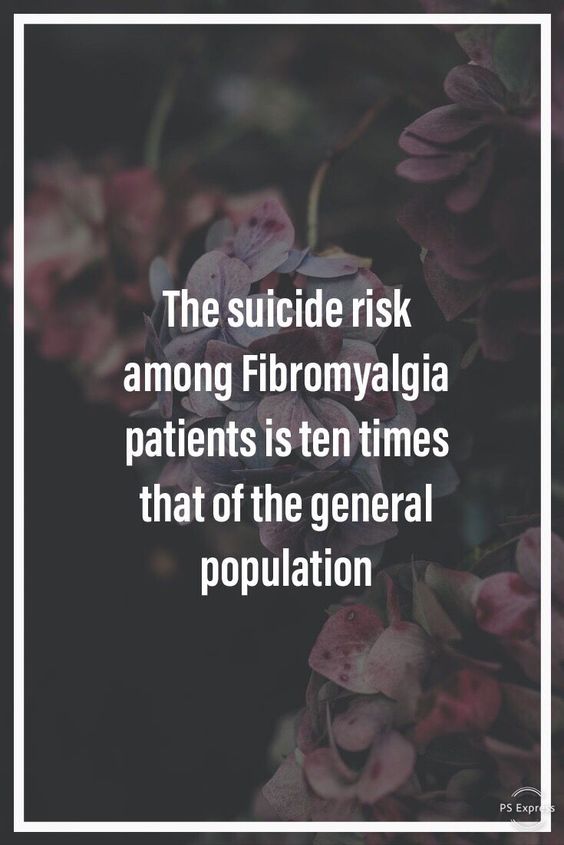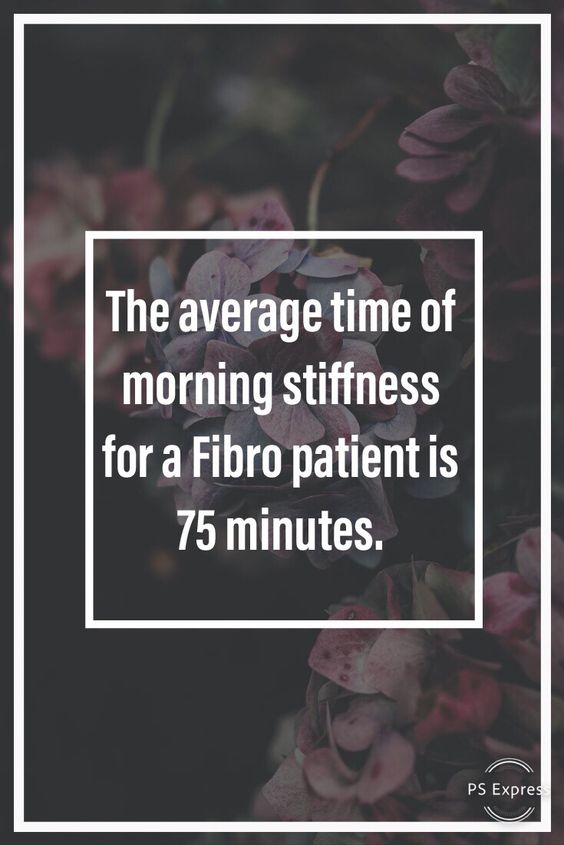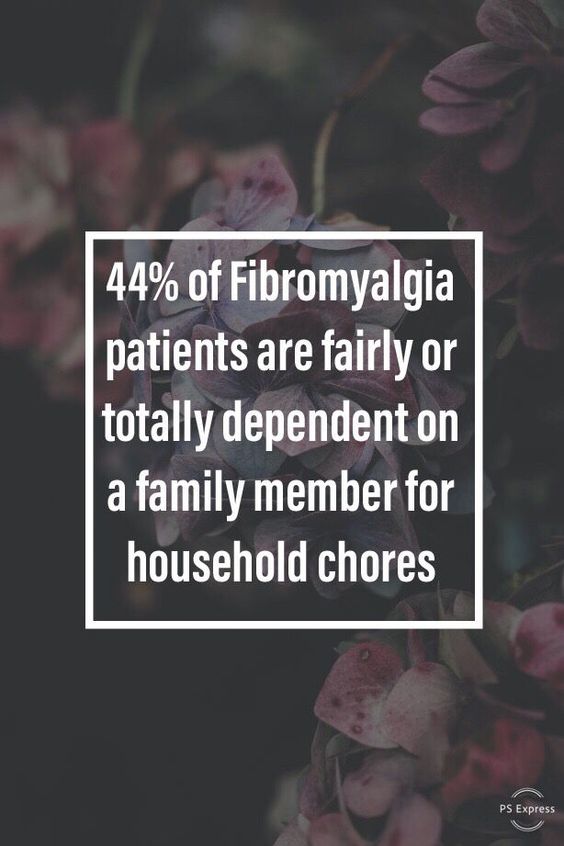What is Fibromyalgia?
(fai·brow·mai·al·juh)
Classified as an autoimmune disease, evidence is growing that fibromyalgia (fai·brow·mai·al·juh) may [also] be a disorder of the central nervous system. It is also referred to as an inflammatory disorder of the musculoskeletal system and as a chronic neurologic condition. Also known as “Chronic” Fatigue Syndrome, fibromyalgia is usually accompanied by sleep, memory and mood issues. And with the underlying cause of fibro being affected by hyperactive stress response, that gives an explanation to the chain reaction which ultimately sounds on the hypersensitivity of the pain sensing nerves.
Symptoms
Among the most common symptoms fibro patients complain from are neck and shoulder – and general muscle – stiffness and tightness, (a feeling of) swelling, tingling and numbness in joints and limbs, and headband pain – an aching throb across the forehead and continuing to the back of the head, as if you’re wearing a tennis headband.
Insomnia or waking up feeling just as tired as you were when you fell asleep is another along with abdominal pain and sensitivity to bright lights, odors, noise, certain foods and the cold. Anxiety and depression also come hand-in-hand when your immunity is compromised.
Another symptom is the unusual tenderness to physical pressure affecting skin and muscle. Since fibromyalgia affects the nervous system, it turns the pain receptors hypersensitive, making it feel like a touch is too much sometimes.
And while symptoms can intensify, depending on the time of day, they are also usually affected by one’s lifestyle when it comes to things like diet and stress.
Causes
It’s not just physical, but emotional too, with a 2007 study suggesting high levels of thyroid antibodies are found in patients with fibromyalgia. As are the most common known causes – emotional and physical trauma, where the triggers most likely stem from. So associated with psychological distress, triggers play a huge role.
Traumatic experiences and stressors in childhood have historically been overlooked as predisposing factors in the development of various chronic pain disorders and psychiatric conditions including fibromyalgia, irritable bowel syndrome, insomnia and depression. However, research has started to reveal a significant correlation between childhood trauma and adult health, putting fibromyalgia as one of the many signifiers for that.
“Living with It”

Living with fatigue and pain attacks that come unannounced definitely gets in the way of leading a ‘normal’ life, carrying out day-to-day chores and fulfilling one’s duties. And not to mention the brain fog… not only does this ‘fog’ make it harder to concentrate, process new information and recall later, but surely it’s frightening to be having lapses in your memory later too.
Describing how it feels to someone who hasn’t felt it can be tricky, but after a survey with – anonymous – community members, some of those descriptions were as follows:
// “You’ve run a 10K with the flu, plus you cut all your grass, by hand, with scissors. That kind of sore. But everyone expects you to do it all over again the next day because you don’t look sick,” was one response.
Another was:
“Imagine a nylon cord. Twist it against the grain. See those tiny openings? Pour crushed glass and sand inside them. Now twist the cord closed. Feel the grit that doesn’t allow the nylon to go back to the original point? Now imagine the nylon cord is every muscle fiber, tendon and ligament in your fingers, hands, wrists, ankles, feet and toes. Put on shoes. Gloves. Is it uncomfortable? Now try walking. Driving. Standing. Grocery shopping. Sounds horrible doesn’t it? Now imagine you get NO relief.”
“Some days add every part of your back to the list. Add nausea. Add migraine headaches. You just want to sleep, but sleep doesn’t come. Your head feels foggy. You lose words usually in the middle of the sentence. You can’t think straight. People think you’re stupid, even if you are not. Add mental health problems to the mix. Feel overwhelmed yet? This is a good day. Tomorrow may be worse. You can’t plan for this. You don’t get any kind of warning.”
Getting Personal
I sat down with a friend of mine who’s opened up to me on suffering from fibro for more than ten years and only been diagnosed for the past five, and how she’s currently dealing on this life-long journey.
She had first felt physical, unexplained pains in her body after going through a long-termed emotional trauma, with one of her family members being diagnosed with cancer and then passing away.
With her body feeling like its deteriorating, she went doctor-hunting and ended up checking (negative) for Lupus Disease as part of the Autoimmune Check-Up. When she insisted on an explanation, the doctor glanced at her, looked to her husband and asked him about how she was feeling.

// “Heya el madame nafseyet-ha 3amla ezzai?”
This was when it hit her the hardest – he didn’t believe her pain, that’s one, and two: he didn’t even confront her about it. It was like she wasn’t even being heard and didn’t have an opinion. He then took a second to prescribe her an antidepressant, without having even talked to her directly.
“It’s what they all resort to when faced with a tough one: the easiest way out,” she tells me in confidentiality. It’s all about the response, because that’s the thing about hidden illnesses: “I know what it’s like and how hard it is when you’re in pain and feel like nobody believes you just because a test doesn’t prove so.”
After trying acupuncture and homeopathy and all sorts of remedies that only proved short-term-satisfactory and upon not giving up despite all of the attempts, she eventually fell into the hands of an immunology doctor who was able to diagnose fibromyalgia.
“For the first time, I wasn’t told that it was all in my head. For the first time, someone believed my pain,” she confided in me.
But with diagnosis comes suggested treatment, and she was prescribed supplements, pain killers and one of two most commonly prescribed medications for fibro, known to slow impulses across the brain involved in seizures, also affecting the chemicals in pain signals, hypertensifying them.
So when she took that seizure medication and was welcomed with hallucinations, she knew she really was making a life-long commitment – one that played with the chemicals in her own brain. Deciding this wasn’t for her, she stopped the medication that is most commonly prescribed and that many others have been living with.
And as for the “living with it” part, she started to realize that a lifestyle change was called for. After noticing physical reactions to certain foods and experiencing some intense attacks, she went to a nutrition coach.
A Canadian study has revealed a link between fibromyalgia and alterations in gut bacteria, and as nutrition experts usually preach, “The origin is in the gut.” And so to fix the gut, she advised her to stop sugar, lactose and gluten, also saying goodbye to GMO and going organic and with that, going hormone-free, playing favorably for all those involved.
“The study found that the severity of symptoms fibromyalgia patients’ experience— including widespread musculoskeletal pain, fatigue and cognitive difficulties—are directly correlated with an increased presence, or significant absence, of certain bacterial species.”
Living with It: A Lifestyle Change Is Called For
With a lifestyle change for the loving wife and mother of two taking place, it proved best to expand to the family. With clean eating comes a general peace of mind and strength that allows for pain and most symptoms to be manageable.
Flair-ups did occur though, and they always came at inexplicable and unexpected times that with careful observation could be identified as a pattern of triggers after all.
And just by tracking your food intake and with the use of the diet diary knowing which foods affect you and which boost your energy for example, you need to do the same for emotional and psychological triggers. Notice when you feel anxious or uncomfortable and notice what makes you feel like that. Know your triggers.
And while it’s no secret that triggers stem from the probable occurrence of not one but both physical and emotional traumas… the answer is almost always, I guarantee it, in your perception of what’s happening. Don’t get me wrong – I am not saying it’s all in your head, but I am saying you can control how much it affects you, physically even, with a positive mindset. And a support system, but we’ll get to that later.
Suggested Methods
Cognitive behavioral therapy and training also proved useful in her case, and what that does is offer long-term techniques and practices to help work on and heighten the emotional and psychological aspects of your being, by recognizing and changing unconscious ways of thinking.
But without getting into how important it is to be at a peaceful and positive mindset to enhance healing, let’s not forget the essential significance of a support system.
More suggested yet less convincing to those critical of stress-reduction approaches include massages, hypnosis, intensive therapy sessions, yoga and meditation.
Other suggested methods to make living with fibro more tolerable are aerobic exercises including but not limited to walking, stretching and swimming. Another theory to combating fibromyalgia is Dr. Ginevra Liptan’s Four R’s of Fibromyalgia Treatment: to rest, repair, rebalance and reduce – all aiming to work on the hyperactive danger/stress response being sent out from the brain.

While you feel like nobody understands what you’re going through both physically and psychologically, you also feel like hell feeling like you’re on your own.
“Compared to the pain, the hardest of all is feeling unsupported or that it’s all in your head,” founder of Facebook support group ‘Fibromyalgia Support Egypt’, Shaza Salaheldin tells me. Speaking up and building a support system is part of the healing process. A crucial one at that. And it’s even better when it includes people who are going through the same thing and completely get it.
The Global Community
The global Support Group Community for those suffering from fibromyalgia is quite big today and pretty active on Facebook at that, with more than a hundred groups with thousands of members dedicated to fibro patients and their families and support systems. The biggest one in Egypt is “Fibro in Arabic”, with another popular one among the Egyptian community being ‘Fighting Fibromyalgia with Positivity’.
These platforms aim to provide a safe space for both patients and their support systems to express and learn more about the disease.
Have something to say?
Join the conversation in our Facebook Group: “The Empower Community”
Feel free to also subscribe to our weekly newsletter to get the latest releases on all our articles & media. We include our celebrity guest’s take on Mental Health and Wellbeing.









Comments are closed.